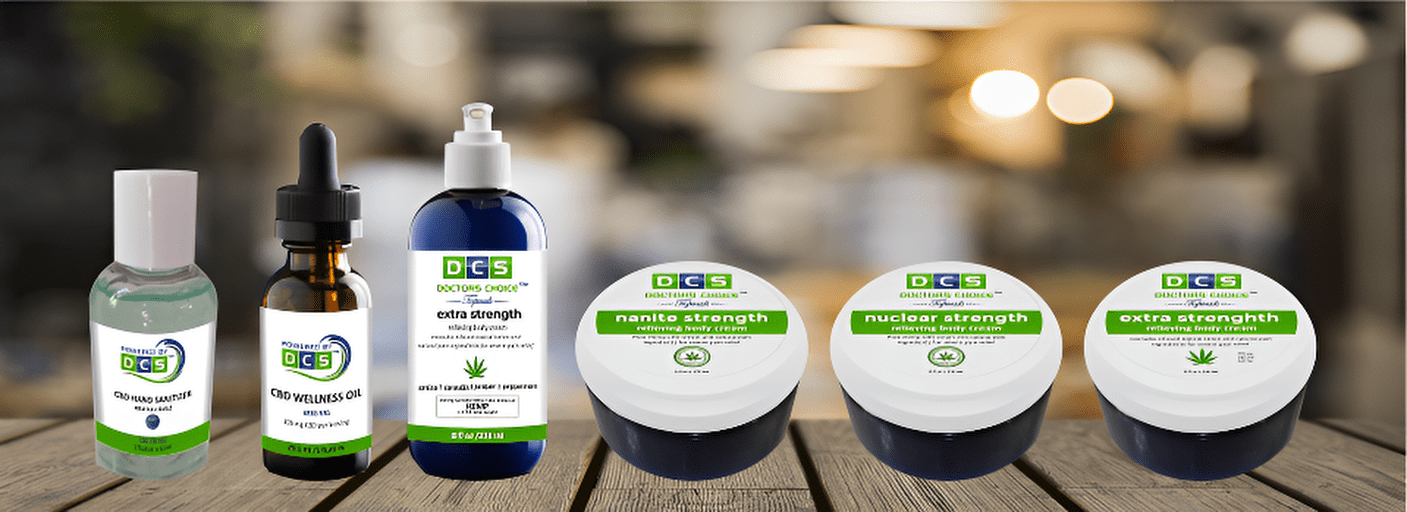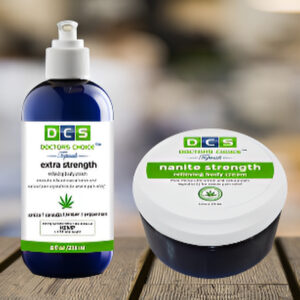

On June 13, 2018 Bill to legalize Hemp passes key Senate Committee. The 2018 agricultural Farm bill includes a provision to legalize hemp nationwide, remove hemp from the federal definition of marijuana. On November 20, 2018 President Trump signed the bill. Meanwhile, medical cannabis advocates argue that the plant could be utilized in the efforts to reduce the average Americans’ opioid intake. Studies show that opioid overdose rates consistently drop in states where medical cannabis is available for chronic and/or severe pain.
Hemp is one of the oldest domesticated crops in the world, with the first traces found in 8000 BC in territory that is now part of China and Taiwan. Hemp quickly became integral in everyday life and today counts buildings, boats, blenders and cars amongst its 50,000 uses. Hemp was introduced to North America in 1606 and farmers quickly saw its value and began to produce paper, sails, clothing, ropes and lamp fuel. The US government accepted tax payments in the form of hemp from 1631 to the early 1800s, when farmers were legally required to grow hemp as a staple crop. Hemp production was heavily impacted by the passage of the Marijuana Tax Act in 1937. In 1970, the Controlled Substances Act (CSA) grouped this versatile crop with drugs such as heroin and LSD despite its lack of psychoactive properties. Over the years, the true benefits of this plant faded from public conscience. The US, has earned the distinction of being the only developed nation in the world without industrial hemp as an established crop.
Federal policy on hemp began its advance with the passage of the 2014 Farm Bill. Congress federally authorized domestic cultivation of industrial hemp so long as state-level legislation had been enacted in accordance with the Farm Bill. The bill’s definition of “industrial hemp” is “the plant Cannabis Sativa L. and any part of such plant, whether growing or not, with a delta-9 tetrahydrocannabinol concentration of not more than 0.3 percent on a dry weight basis.” Hemp was therefore once again legal, under very limited circumstances, to cultivate. Policy at the federal level effectively prevents full-scale, industrial production of hemp despite their ‘marihuana’ definition exemptions which include industrial hemp
fiber, sterilized seed and seed oil.
A 9th Circuit Court of Appeals case between the Hemp Industry Association (HIA) and the DEA resulted in a negotiated settlement requiring the DEA to take several actions. Most significantly, as of December 10, 2018, the era of Hemp prohibition is over. Hemp is now permanently removed from the Controlled Substances Act (CSA). Hemp is forever deemed an agricultural commodity, no longer mistaken as a controlled substance, like marijuana, making it clear that Farm Bill hemp and related cannabinoids are not unlawful, or controlled substances…period.








